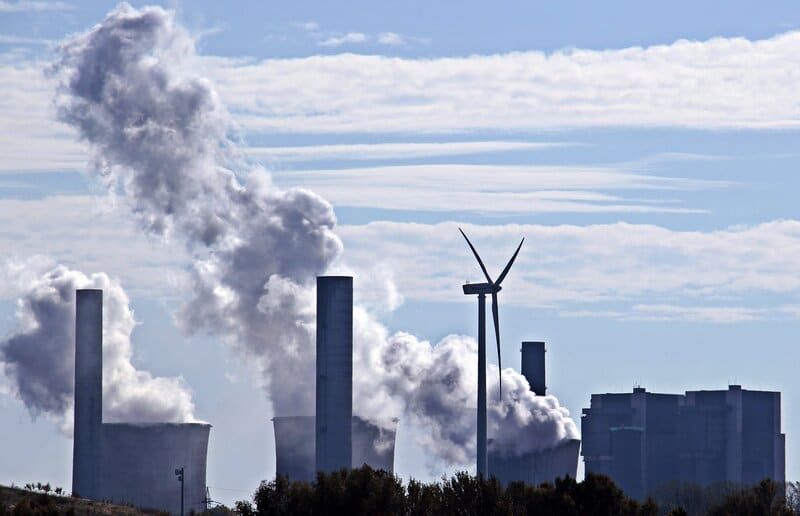In a new report, the International Energy Agency (IEA) says that to achieve net-zero emissions, all new investments in fossil fuel projects such as pipelines must be ended, and it calls for the rapid adoption of renewable energy such as solar and wind energy, and a large-scale research and development programme to develop future technologies, including producing energy from hydrogen and removing carbon dioxide from the atmosphere.
—
What is Happening?
- The IEA report, entitled “Net Zero by 2050: A Roadmap for the Global Energy Sector,” says that with current climate pledges, the world will “fall well short” of reaching net-zero emissions by 2050 and keeping global temperature rise to 1.5 degrees Celsius.
- The IEA says that the world must embrace “an unprecedented transformation of how energy is produced, transported and used globally.”
- The report lays out 400 milestones on the road to net zero emissions by 2050, including a halt in investment on coal-fired power plants, no new sales of internal combustion passenger cars by 2035 and the decarbonisation of the global electricity sector by 2040.
- The IEA also calls for the quadrupling of solar and wind power capacity in this decade and a global push to adopt energy efficiency improvements of 4% a year by 2030.
- Rapidly transitioning away from fossil fuels must happen because the IEA says that weaning the economy off fossil fuels will add USD$5 trillion in energy investments by 2030, create millions of jobs and lead to a global GDP in 2030 4% higher than a business-as-usual approach.
- With 90% of electricity coming from renewable sources, solar making up the single-largest source of global energy and fossil fuels mainly used in the manufacture of plastics and other products and in producing electricity with carbon capture-and-storage, the “world looks completely different,” according to the IEA.
You might also like: G7 Countries Agree to Stop International Funding For Coal
Faith Birol, IEA executive director, says, “The scale and speed of the efforts demanded by this critical and formidable goal … make this perhaps the greatest challenge humankind has ever faced.”

















